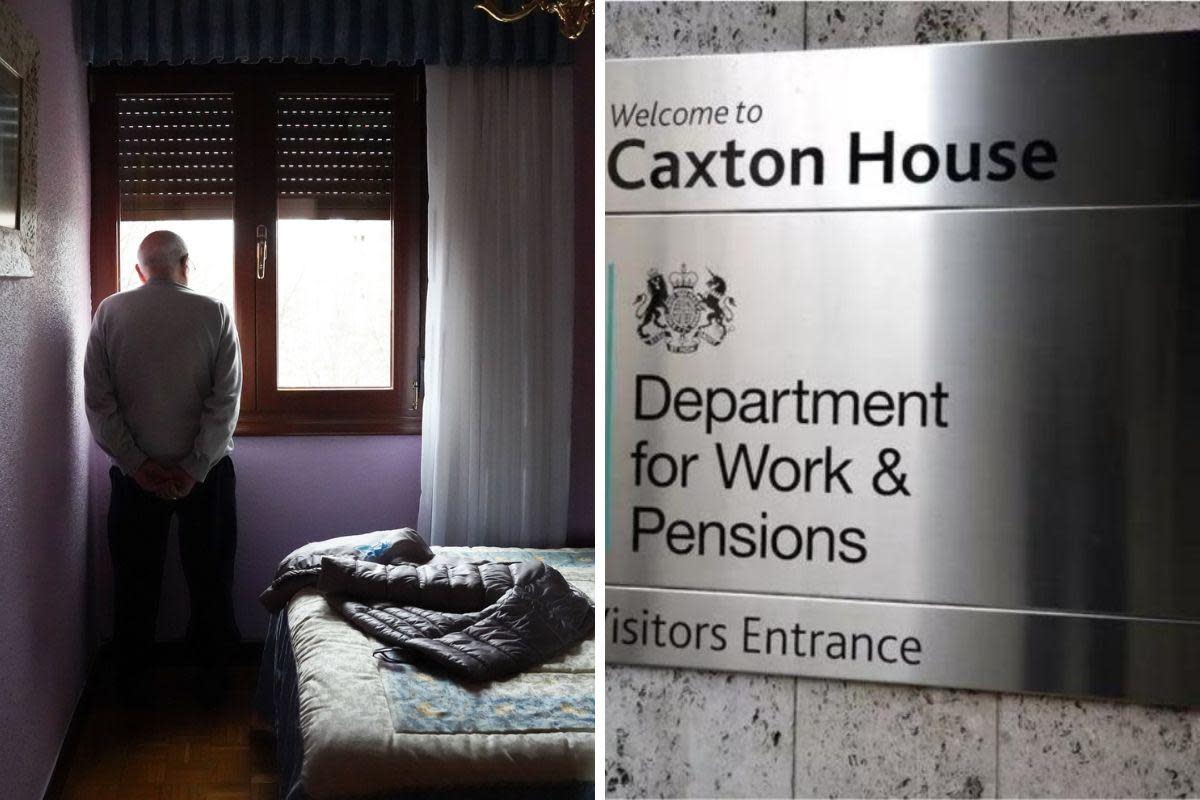DWP paying £737 a month to anyone with these mental health disorders

More than 1.3m people across Britain were claiming Personal Independence Payment (PIP) for a psychiatric disorder by the end of January.
The number of people claiming PIP for a psychiatric disorder has risen by more than 462,000 between February 2020 and January 2024.
Almost 3.5 million people across Britain are currently receiving PIP, with 37 per cent claiming for psychiatric disorders including mental health conditions.
Thousands could be owed up to £12k from DWP in backdated PIP payments. Here's what you need to know https://t.co/kj7rTfMZy8
— Big Issue (@BigIssue) April 26, 2024
What is PIP?
PIP provides extra financial support for adults with a disability, long-term illness, or physical or mental health condition who need help completing daily tasks or moving around.
Following the annual uprating earlier this month, a successful claim for PIP is now worth between £28.70 and £184.30 each week.
The benefit is paid every four weeks which means this amounts to between £114.80 and £737.20 every payment period, Daily Record reports.
Claimants who need additional support to cover the costs of daily living or mobility needs due to a mental health condition should consider making a new claim for PIP.
Am I eligible for PIP payments?
To be eligible for PIP, you must have a health condition or disability where you:
have had difficulties with daily living or getting around (or both) for three months
expect these difficulties to continue for at least nine months
You usually need to have lived in the UK for at least two of the last three years and be in the country when you apply. If you get or need help with any of the following because of your condition, you should consider applying for PIP:
preparing, cooking or eating food
managing your medication
washing, bathing or using the toilet
dressing and undressing
engaging and communicating with other people
reading and understanding written information
making decisions about money
planning a journey or following a route
moving around
There are different rules if you are terminally ill, you will find these on the GOV.UK website here. DWP will assess how difficult you find daily living and mobility tasks.
Recommended reading:
DWP warning claimants they could lose their benefits
Universal Credit: Claimants face fines over these changes
Do you have to pay council tax if you receive DWP benefits?
For each task, they will look at:
whether you can do it safely
how long it takes you
how often your condition affects this activity
whether you need help to do it, from a person or using extra equipment
PIP is made up of two components:
Daily living
Mobility
Whether you get one or both of these and how much depends on how severely your condition affects you. You will be paid the following amounts per week depending on your circumstances:
Daily living
Standard rate: £72.65
Enhanced rate: £108.55
How do you claim PIP?
Make a new claim by contacting the DWP - you will find all the information you need to apply on the GOV.UK website here.
Before you call, you will need:
your contact details
your date of birth
your National Insurance number - this is on letters about tax, pensions and benefits
your bank or building society account number and sort code
your doctor or health worker’s name, address and telephone number
dates and addresses for any time you’ve spent abroad, in a care home or hospital
How is PIP paid?
PIP is usually paid every four weeks unless you are terminally ill, in which case it is paid weekly. It is paid directly into your bank, building society or credit union account.

 Yahoo News
Yahoo News 
